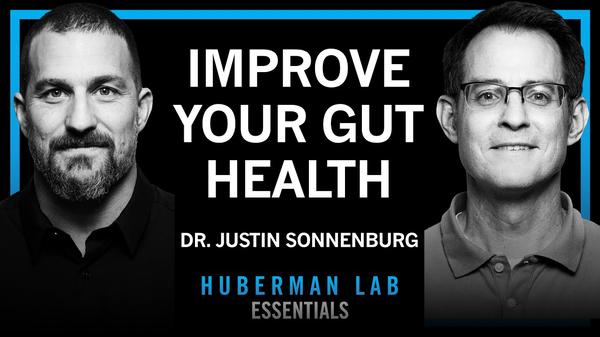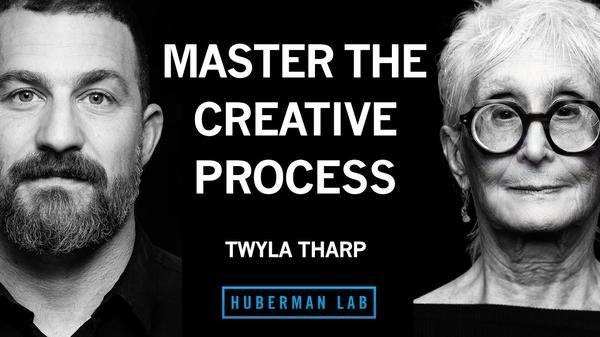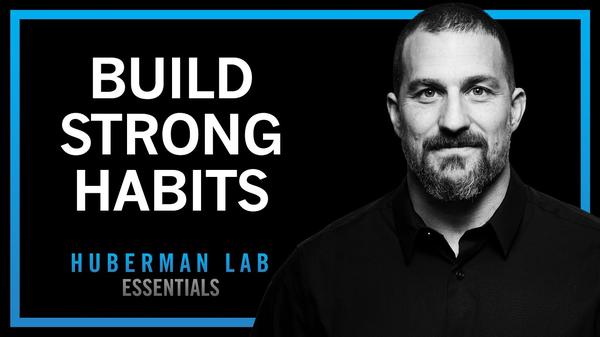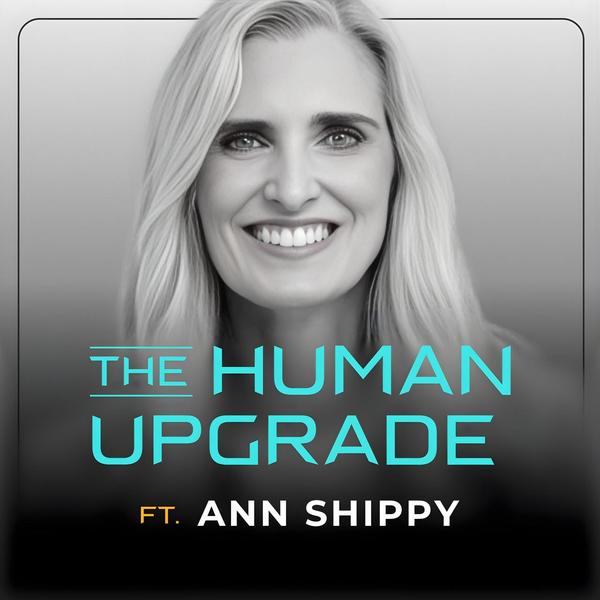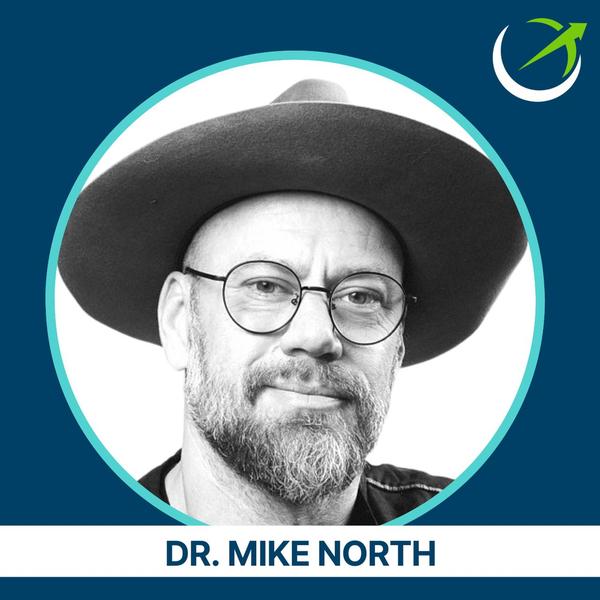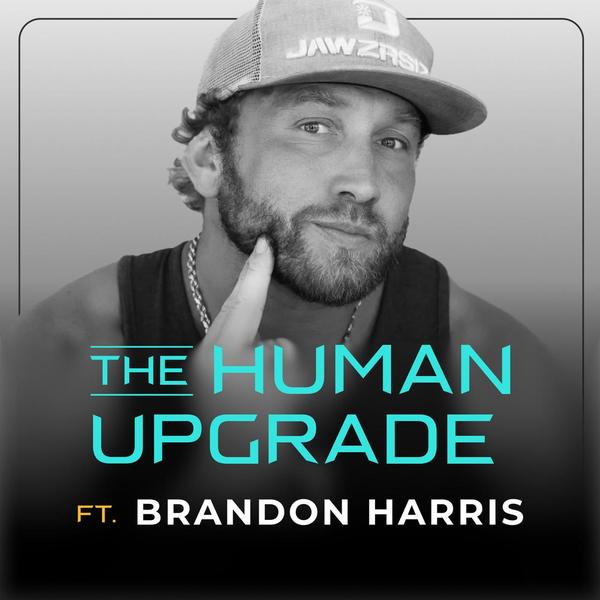
Tools to Reduce & Manage Pain | Dr. Sean Mackey
Andrew Huberman
Jan 15, 2024
Mindsip insights from this episode:
Utilize Acetyl-L-carnitine and Alpha-lipoic acid for nerve pain relief
Over-the-counter supplements like Acetyl-L-carnitine and Alpha-lipoic acid have been shown in studies to be effective for neuropathic pain by improving mitochondrial health and modulating nerve channels.
Implement pacing to manage chronic pain recovery
To overcome the roller coaster of good and bad days with chronic pain, use 'pacing' by setting small, consistent daily activity goals and avoiding the urge to overdo it on good days.
Activate love's power to alleviate pain
Viewing a picture of a romantic partner can significantly reduce pain by activating the brain's reward and addiction circuits, a different mechanism than simple distraction.
Recognize food poisoning's link to chronic pain sensitivity
A gut infection like food poisoning can alter your system, creating a long-term sensitivity to certain foods, like the onion family (FODMAPs), that can trigger severe, delayed pain.
Express anger to alleviate pain amplification
Data suggests that 'anger in'—a boiling, simmering, unexpressed anger—is worse for pain amplification than 'anger out,' which is expressive.
Differentiate between hurt and harm in pain management
A critical concept in pain management is understanding the distinction between feeling hurt, which may not be damaging, and being harmed, which indicates true tissue injury.
Utilize conditioned pain modulation to inhibit original pain signals
Engaging a painful stimulus in a different location from the primary pain can activate a brainstem circuit that descends to the spinal cord and inhibits the original pain signal, a phenomenon called conditioned pain modulation.
Avoid NSAIDs to promote natural healing processes
While non-steroidal anti-inflammatory drugs (NSAIDs) can help with pain, research shows that by blocking inflammation, they may also delay the body's natural healing process, such as in fracture repair.
More from
Andrew Huberman
You also might be interested in
Dr. Casey Means: Eat like THIS to reduce your Risk of Metabolic Disease!
Biohacking Fertility for Men and Women at Any Age
Dr. Casey Means: Stop Ignoring Your Health — Do These 5 Free Tests!
The Untold Science Of Vibration Therapy & The “BioDrive” Breakthrough That Regulates Your Mind and Body, With Dr. Mike North
How To Sculpt a Perfect Jawline WITHOUT Surgery







